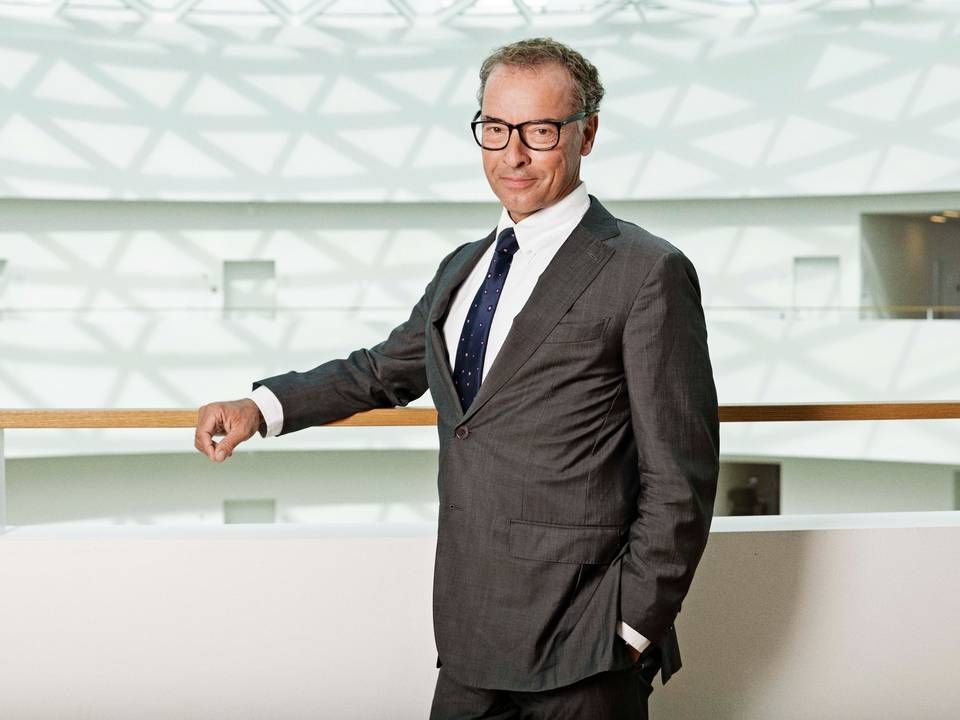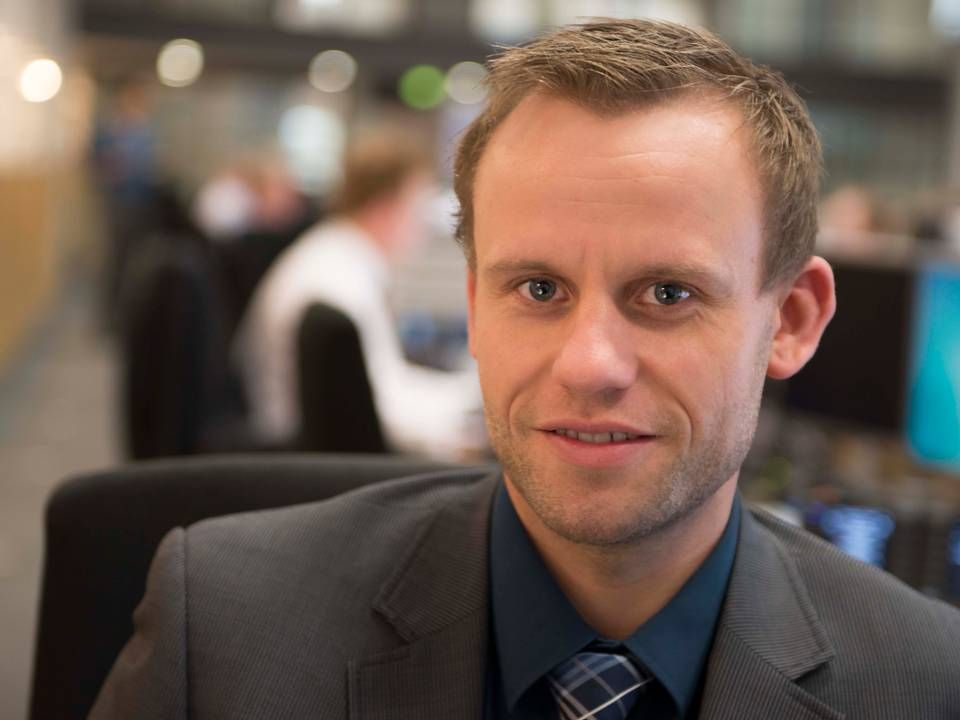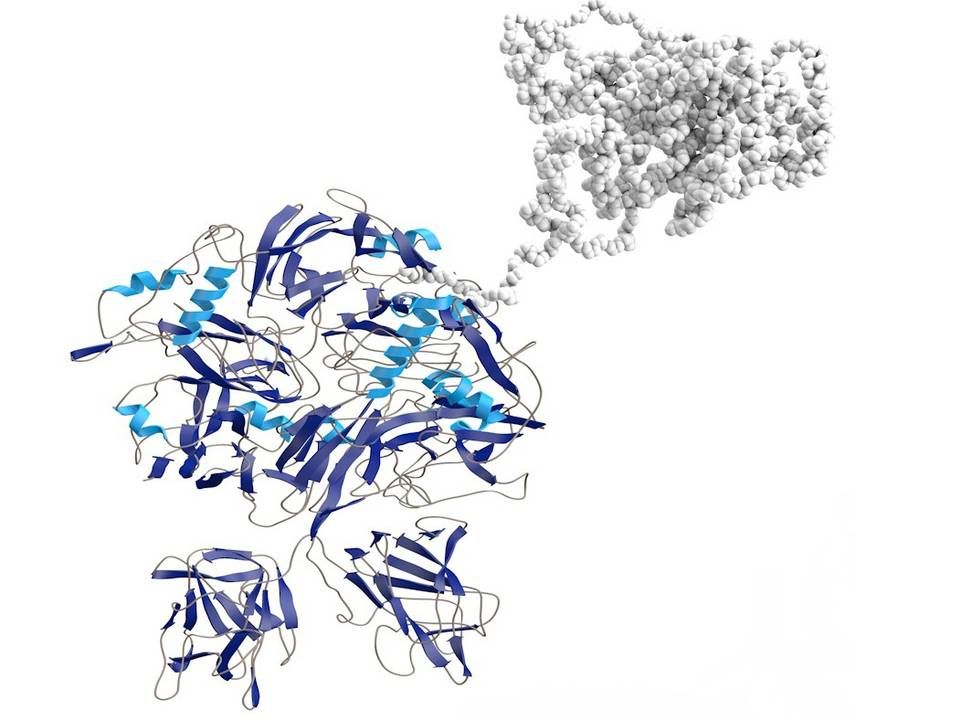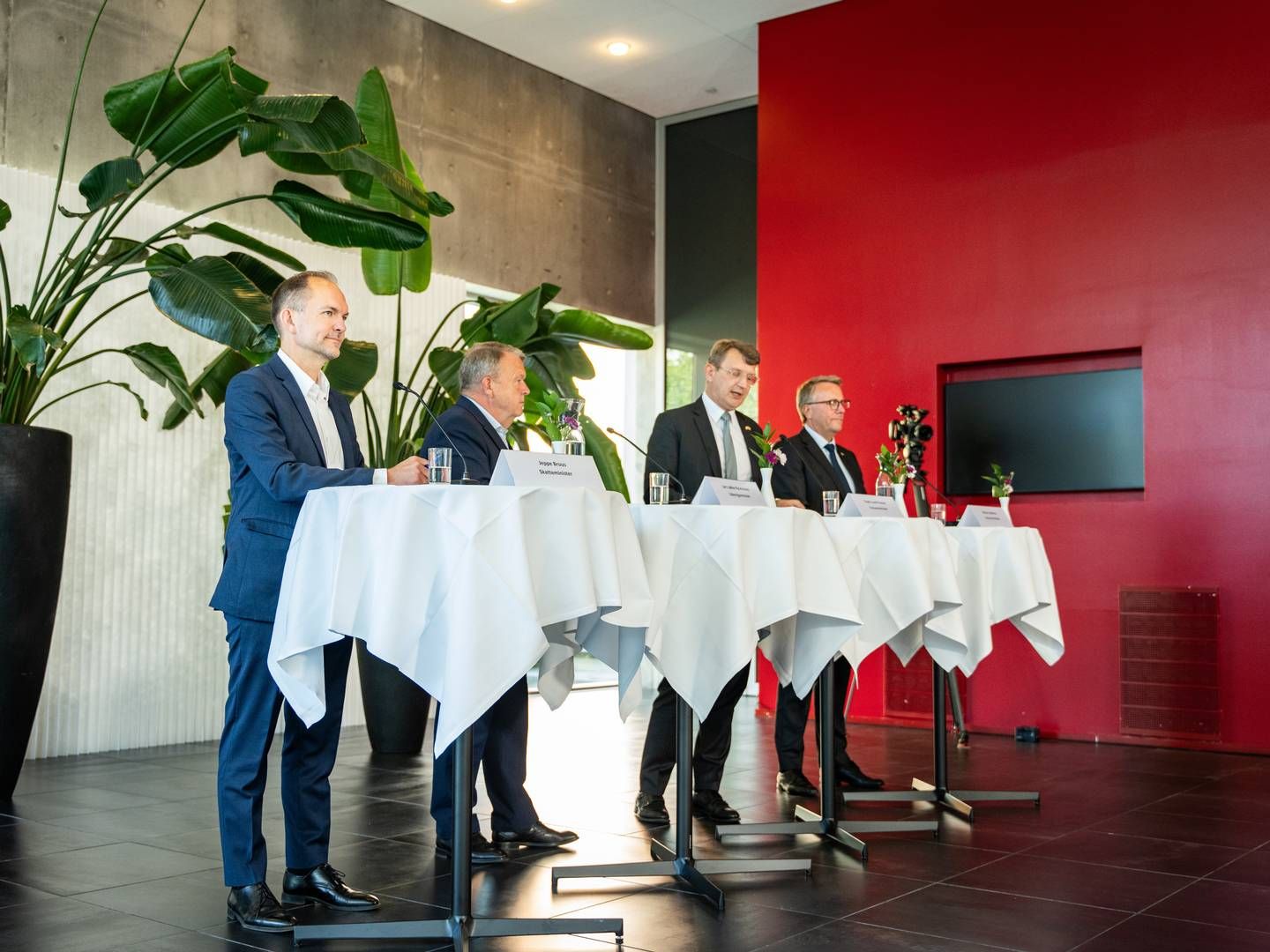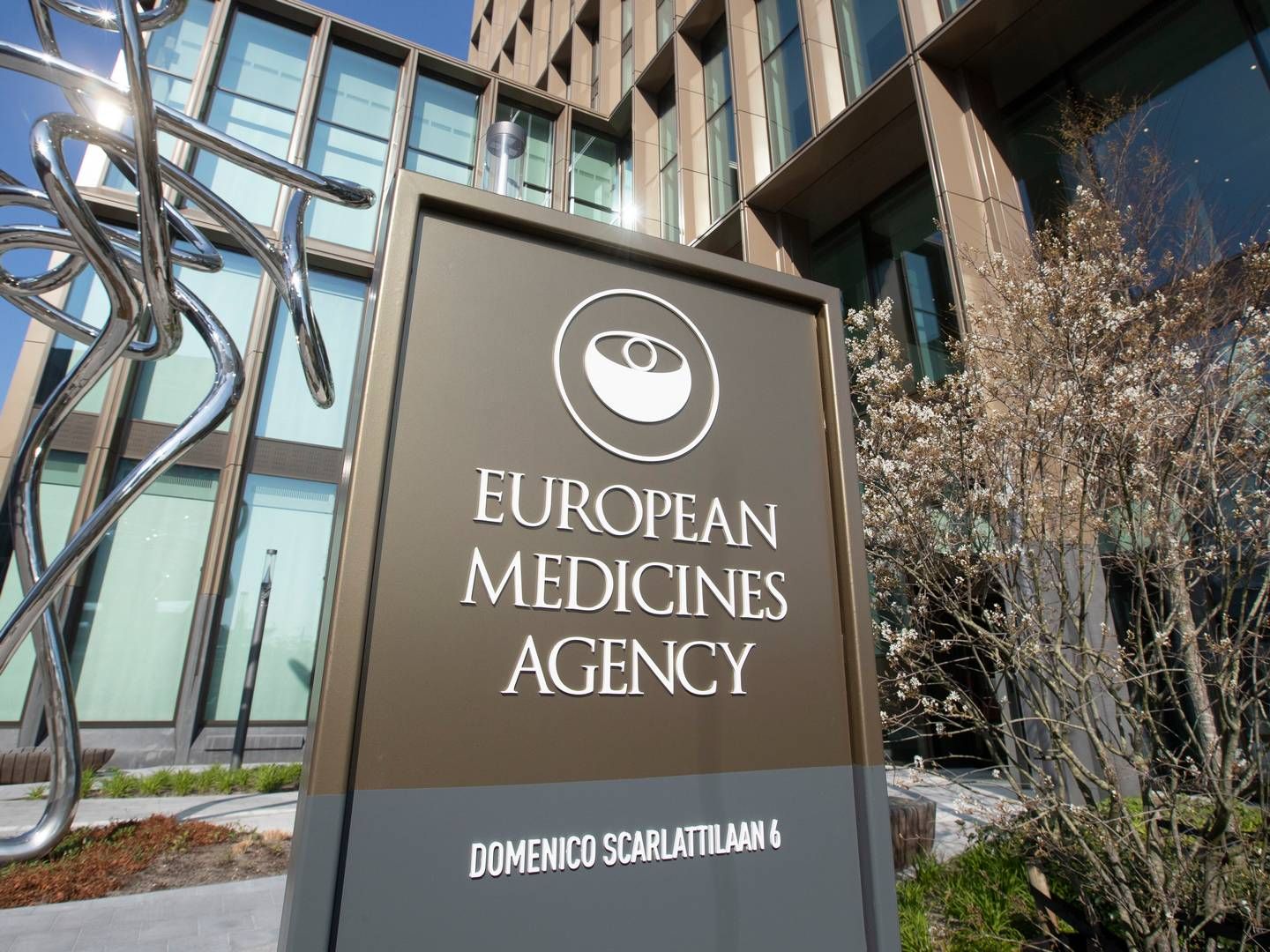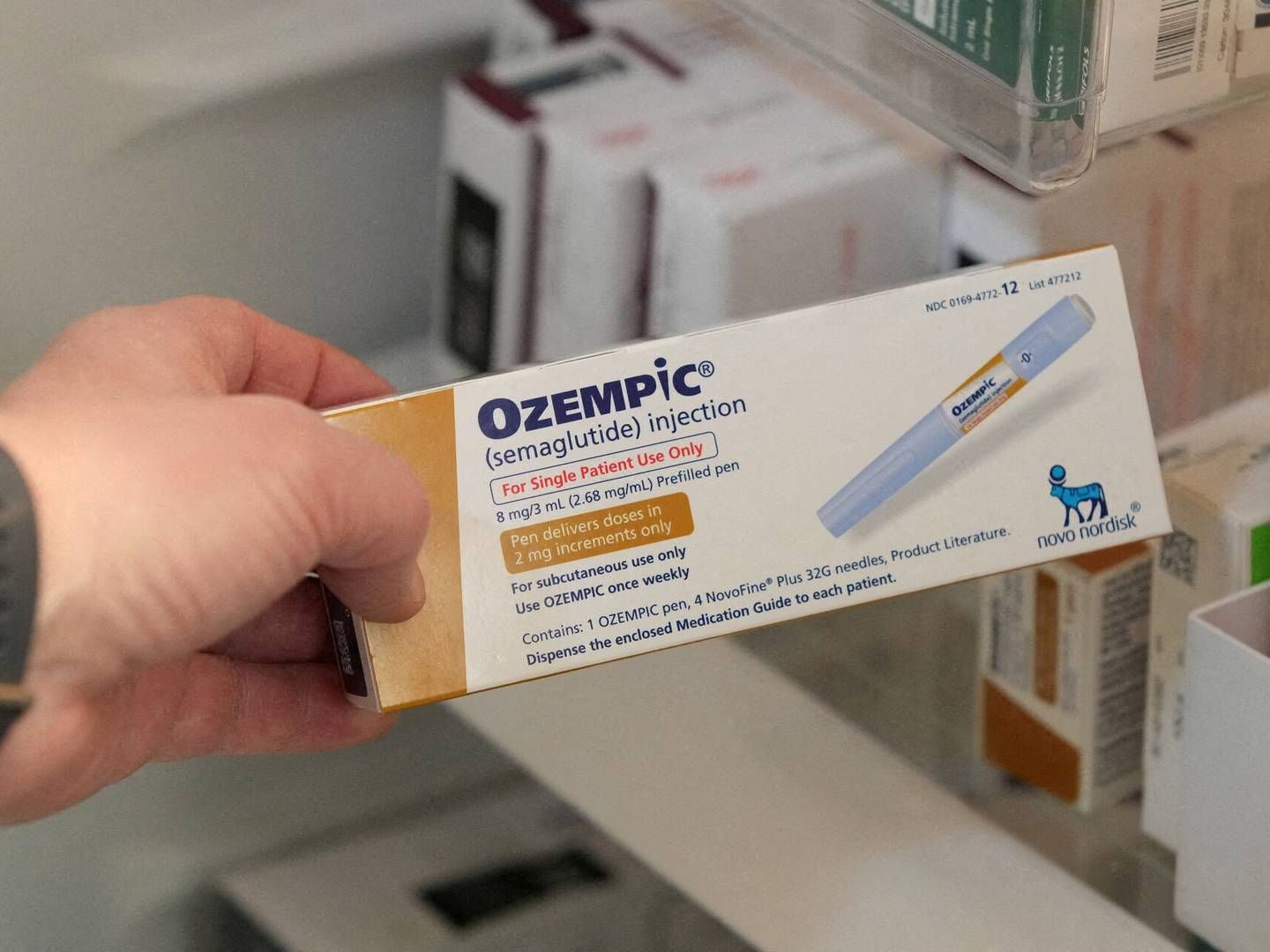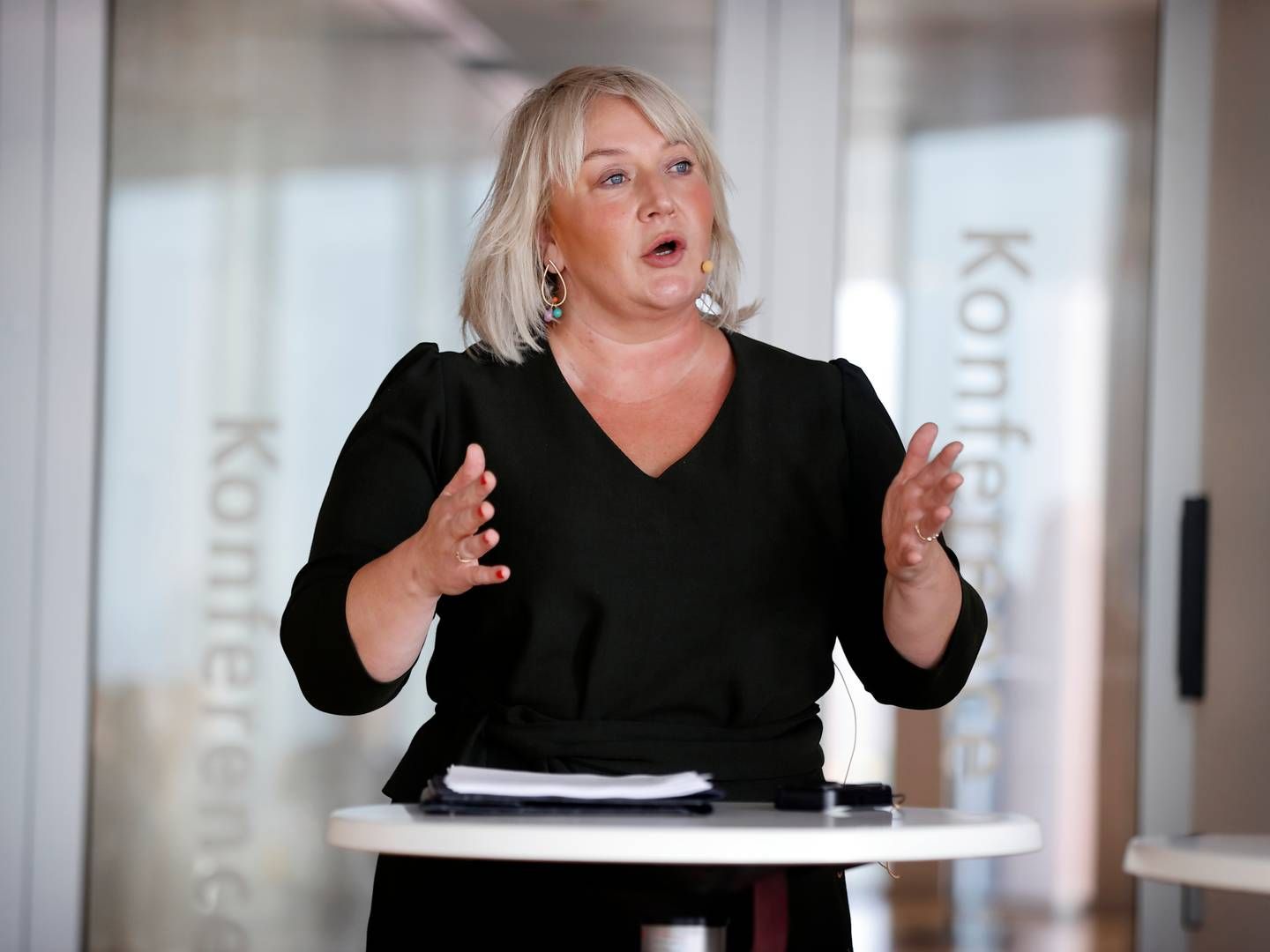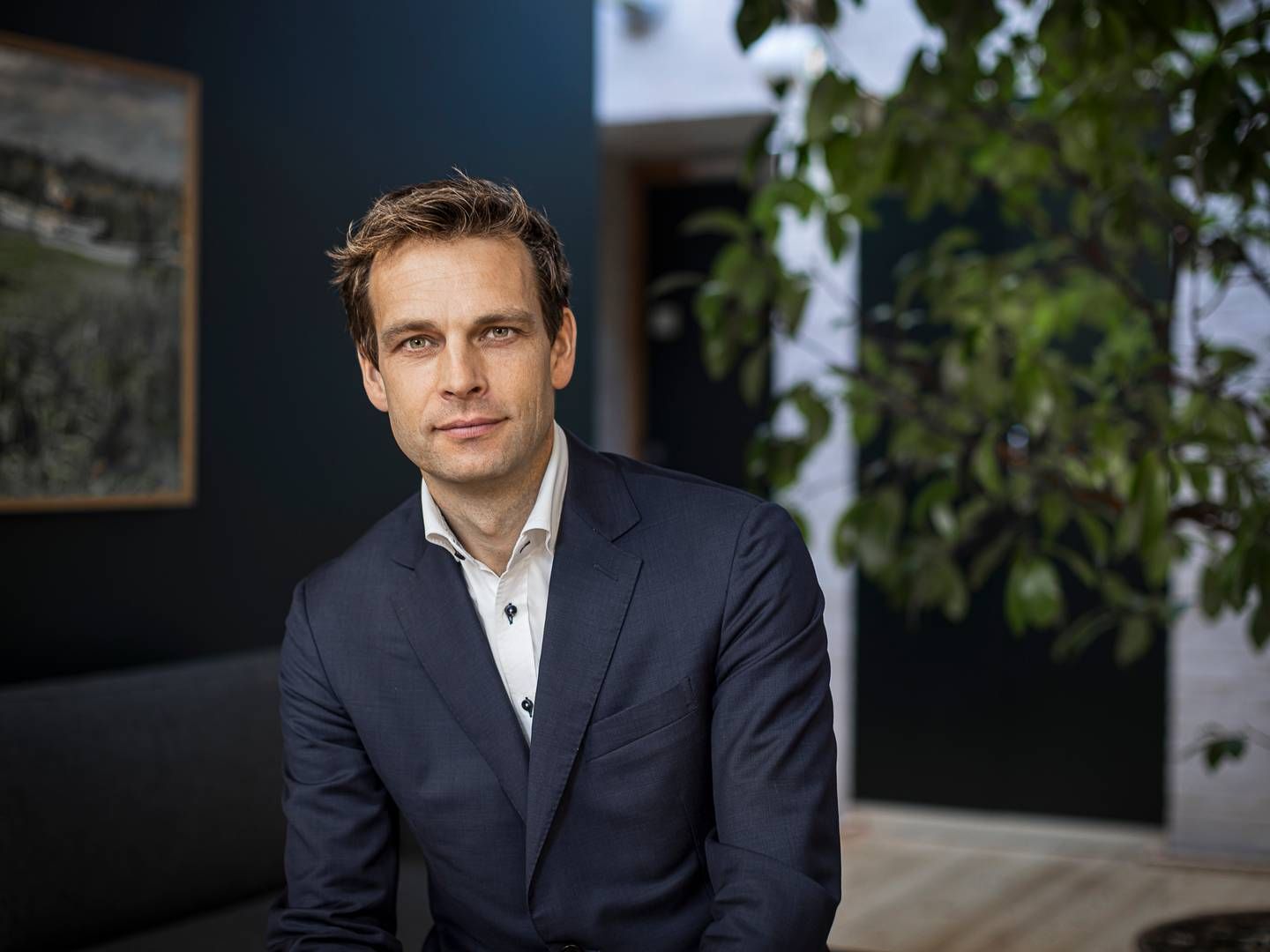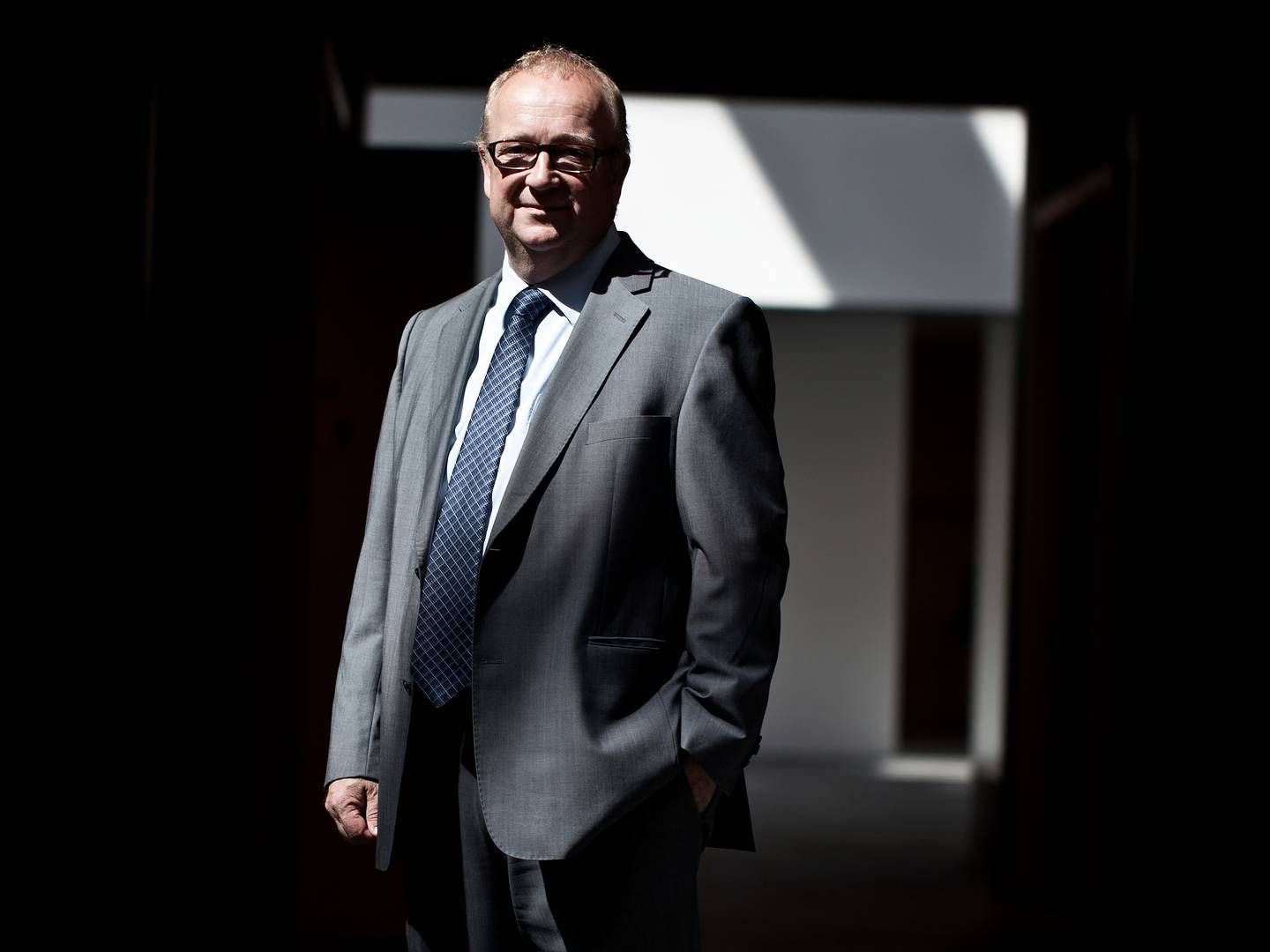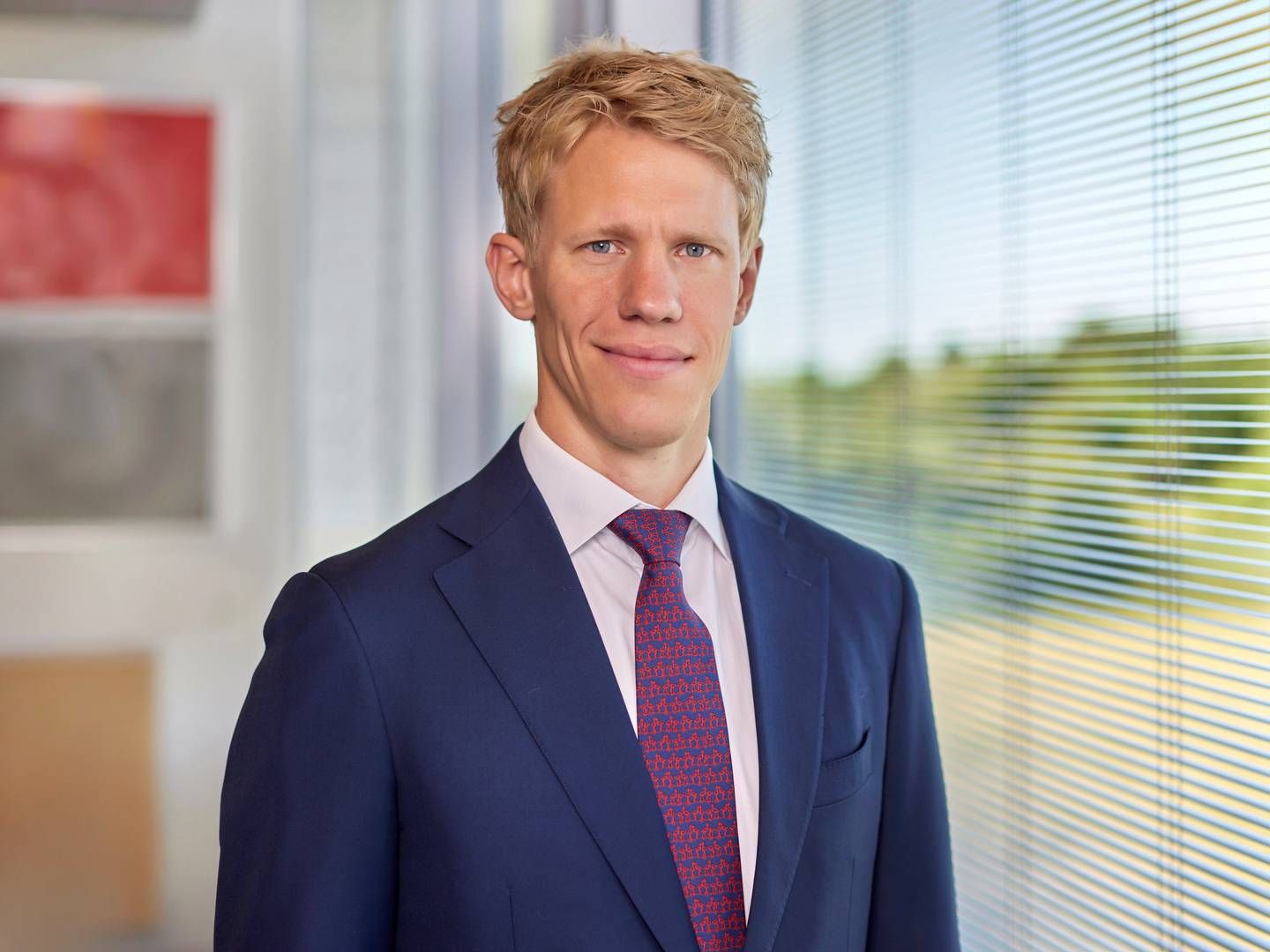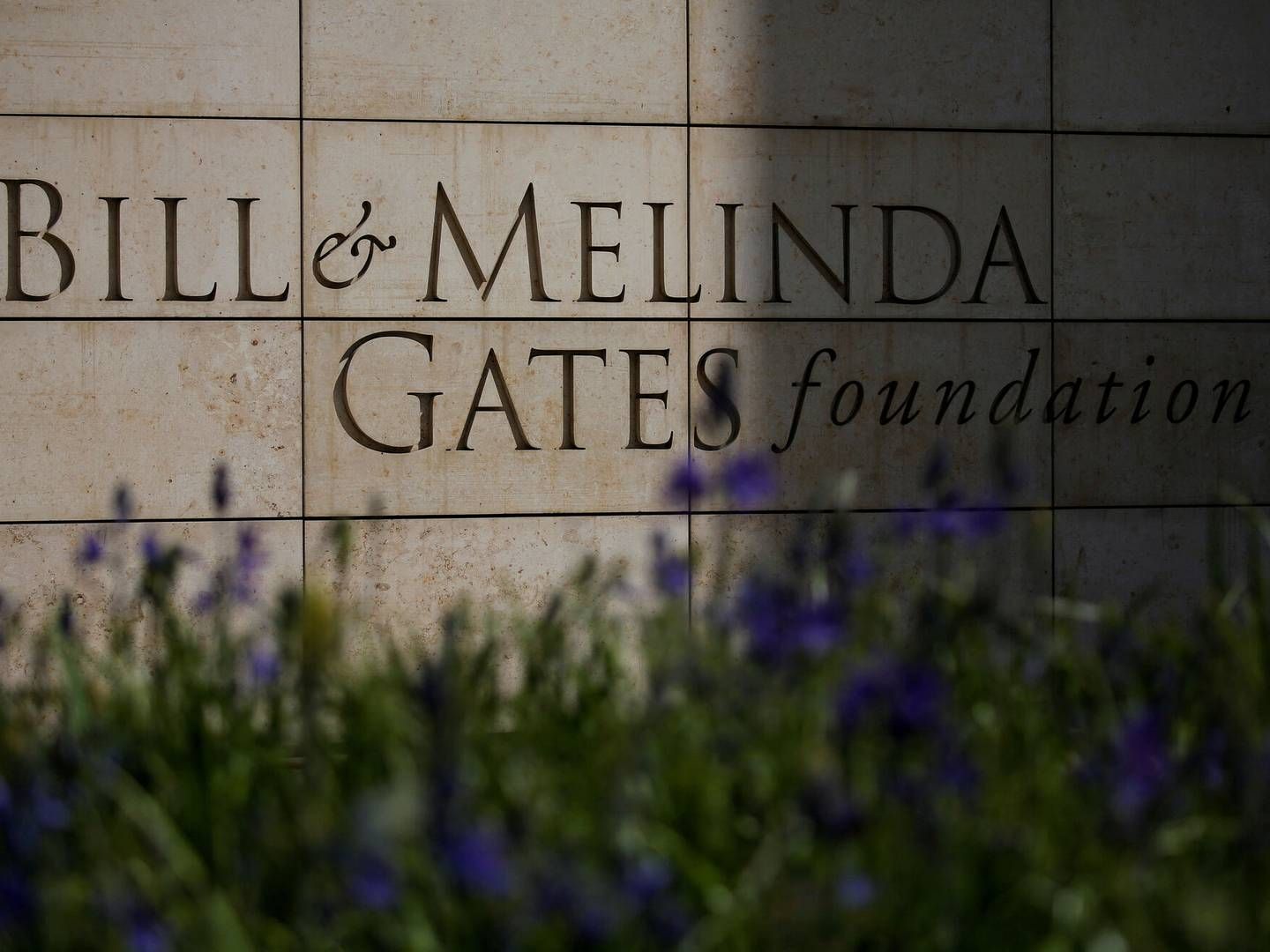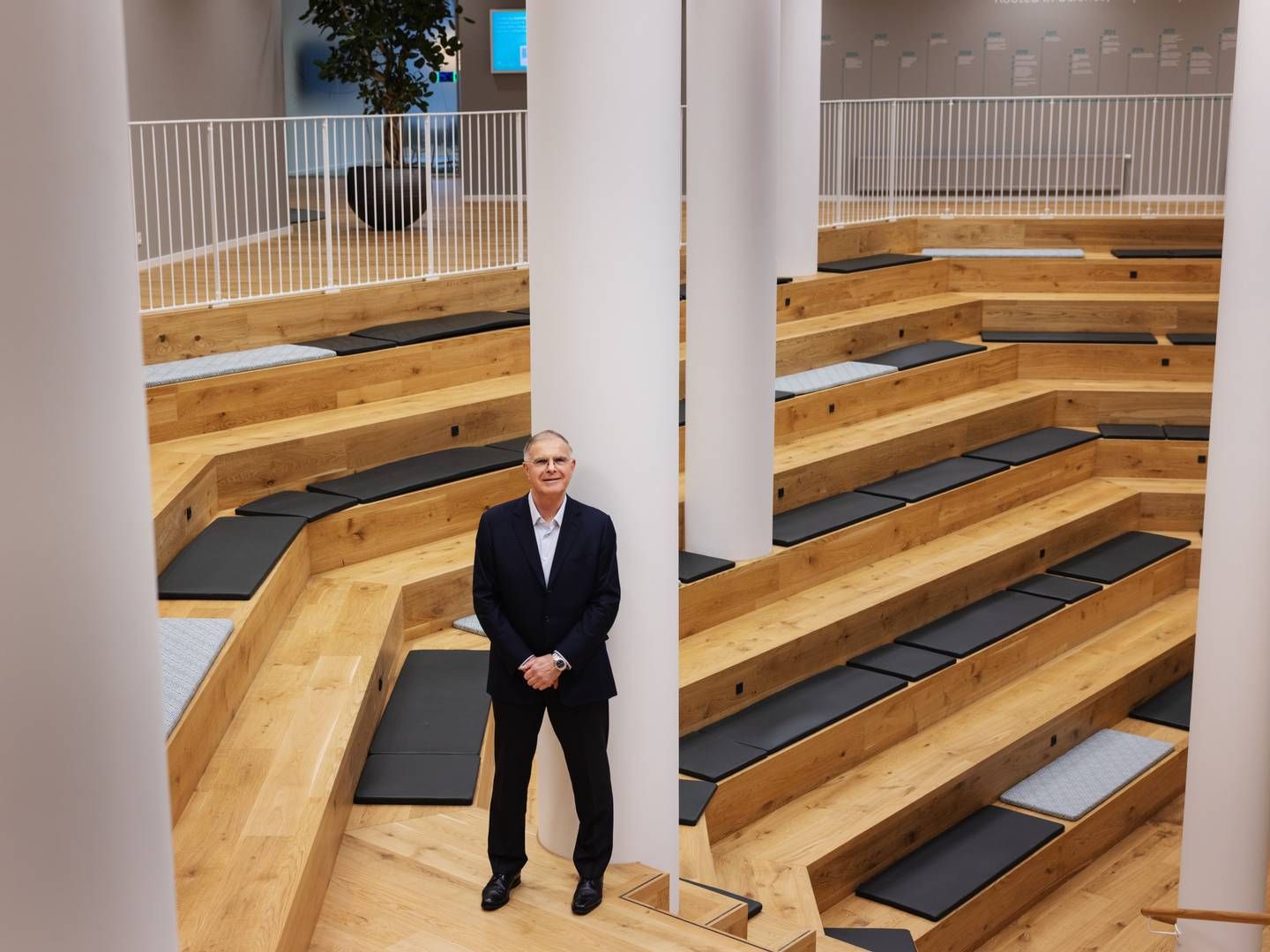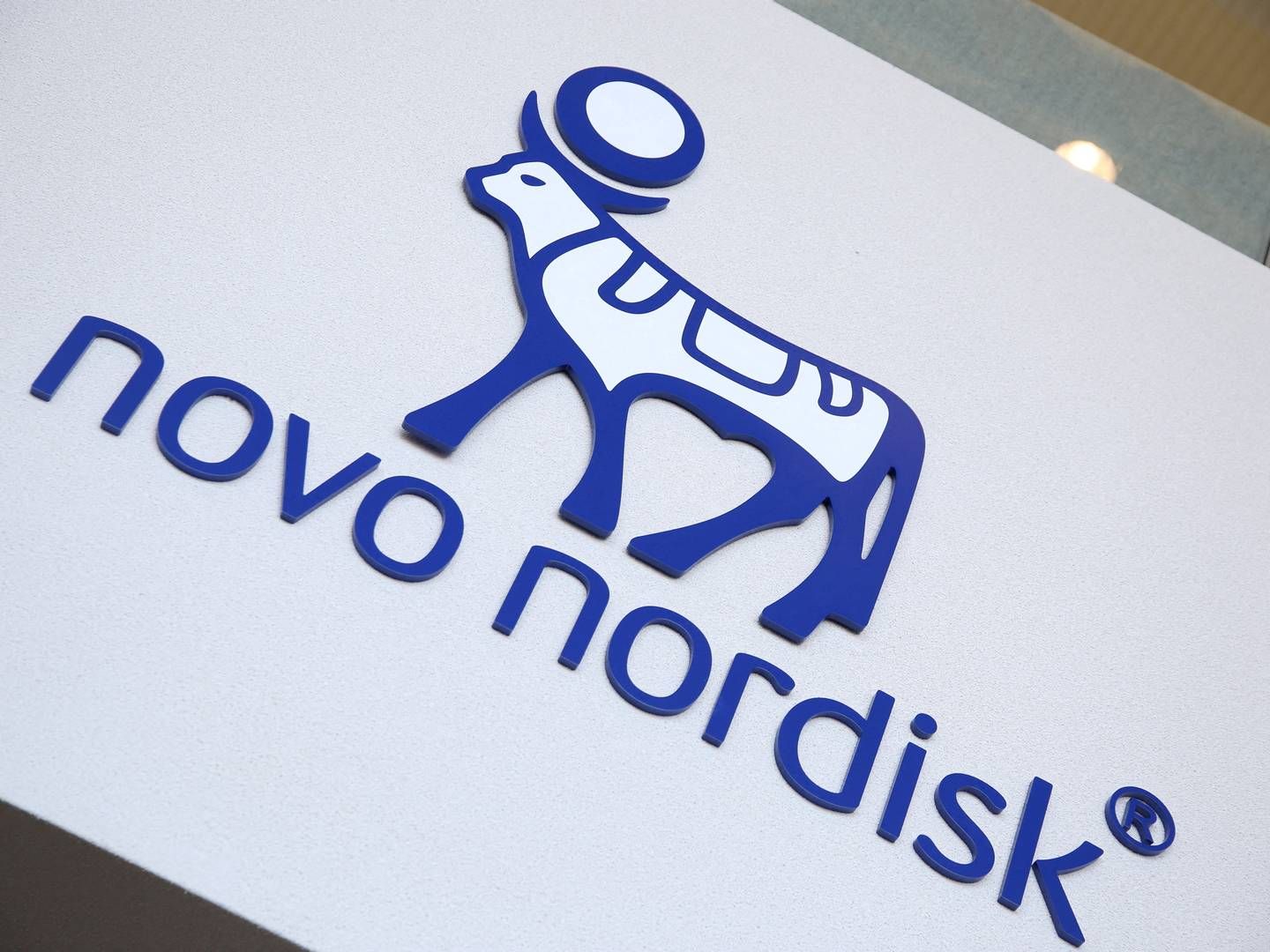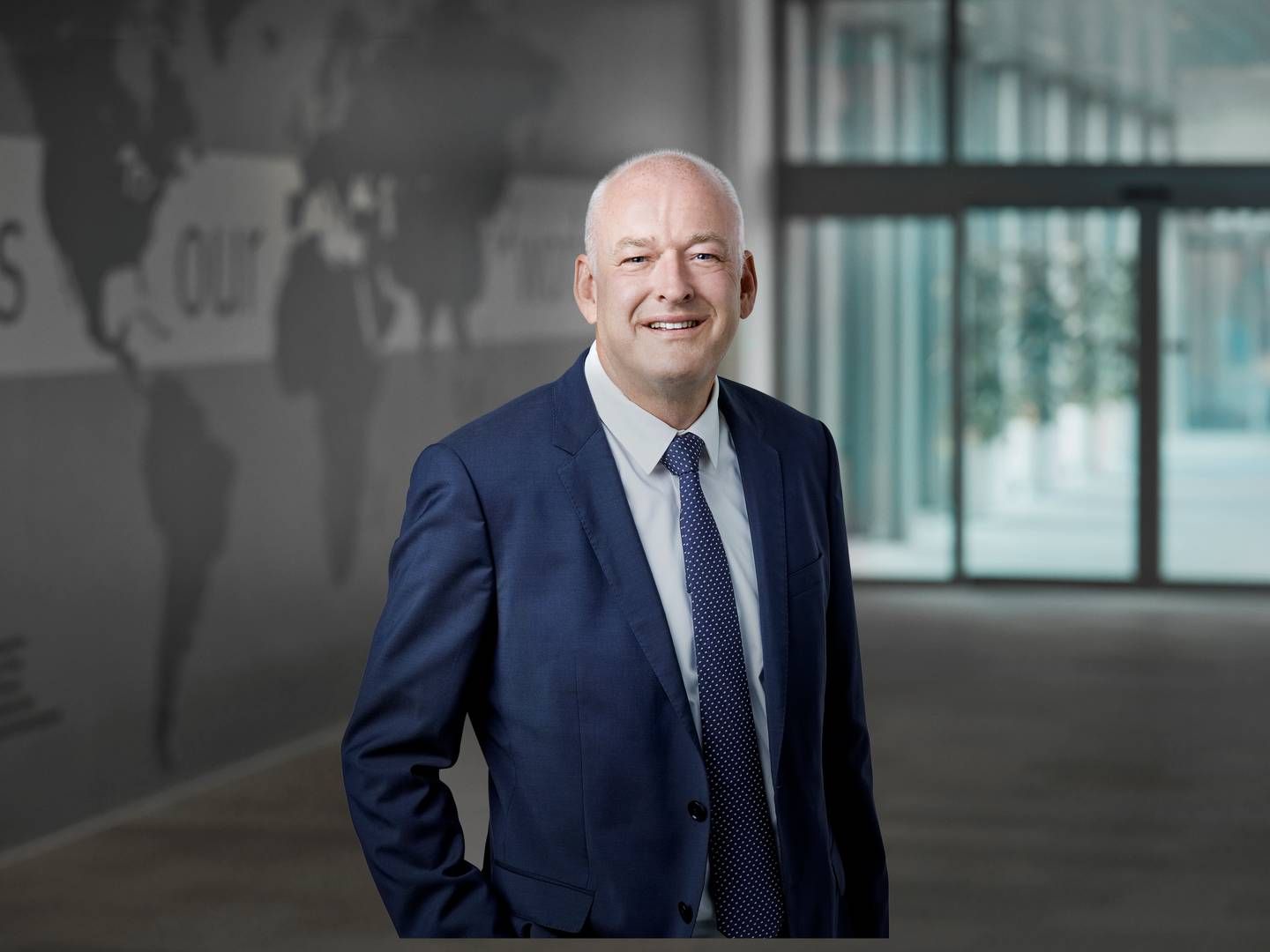Novo exec: We're standing on a burning platform in Denmark
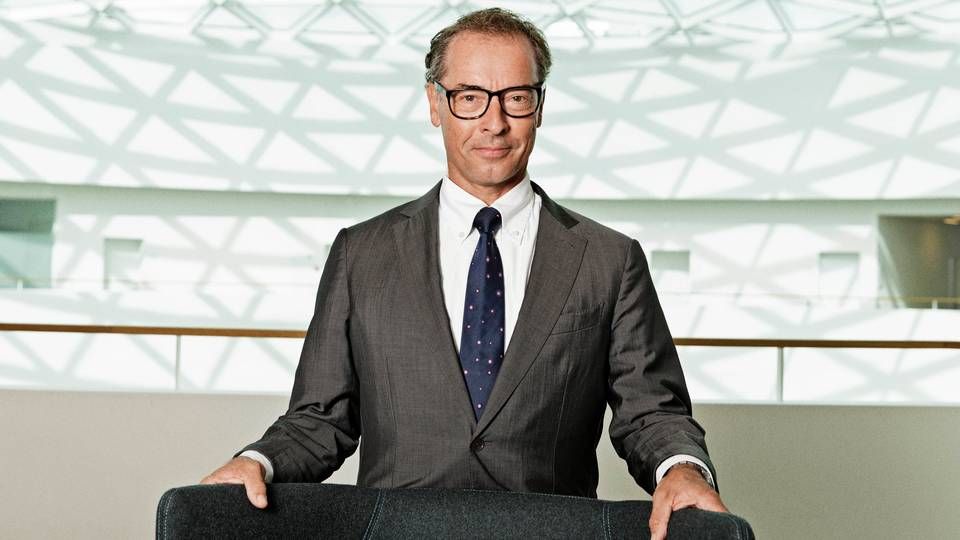
According to Novo Nordisk, some serious streamlining needs to happen in many areas if Denmark does not want to fall further behind the international competition and for the mild growth to completely disappear.
This Thursday, the company is sending the publication “Life science – a world of growth” to a number of Danish politicians, companies and organizations as a follow-up to a similar publication from 2014 – “Invitation to growth in Denmark”. In the most recent invitation, the company presents its proposal for what is needed to create growth and jobs in Denmark. It contains a lot. The medicinal group has 12 points and Chief Science Officer, Mads Krogsgaard Thomsen, is not afraid to stress the significance of getting a quick start.
The only commodity
“You could call it a burning platform if you look at the graphs and curves in the analysis. Since the last time we did this in 2014, what happened is that Denmark is more involved in a debate of how make a living in the future. Right now, economists are discussing whether we have zero growth, declines of 0.5 percent or growth of 0.5 percent, and our export has basically stopped,” the executive tells MedWatch and continues:
“It’s exciting. It’s about the premise for the next era of Semaglutid (a drug candidate, which is the most recent and largest gamble from Novo Nordisk, -ed.). We want to give attention to the whole necessary chain of value, for Denmark to successfully create growth through new jobs, based on what Denmark has as its only commodity – because the oil has almost run out – our brains, our talent.”
The weakest link
The Novo Chief of Science raised massive criticism last year of the Danish government’s dispositions in the area of research and education, and this is definitely a focus area this time around as well, but only one of many.
Novo Nordisk paves the way for bigger pay packages
“We are not as critical about research this time. It is a wider encouragement than just that. But the whole premise for us to achieve growth is that we have a society and a parliament which supports the university, free research. We have to have faith that this commitment will be there in the long run. It would be a repetition if research politics were the main agenda again. It’s also about other ministries across the board,” he says now, although he cannot help but add:
“A chain is never stronger than the weakest link. The whole thing starts with good education based on good research and the willingness to go for the elite. We have said this many times before but it is still a priority.”
Novo Nordisk, instead of criticizing one single political initiative, is now trying to make one combined strategy for life science, where everyone needs to work together, from politicians through universities to companies.
Better framework
The 12 points in Novo Nordisk’s presentation basically only relate to circumstances, which public officials should review through measures such as improved tax conditions, more investment in public research and a strengthening of growth opportunities for new companies. Mads Krogsgaard Thomsen will, however, maintain the “together we work” spirit.
“A more attractive Denmark is many things. The growth in society is created between the political figures, which provide attractive framework conditions through incentives, taxes, anti-bureaucratization, and schools as well as companies which support this and play well with universities. The worst thing that can happen is that everything goes from research to invoice. We can’t tell the universities what to do. It wouldn’t work and we would never get a new Apple or Novo Nordisk,” he says adding:
“To a greater extent, we need to identify focus areas within a general framework. We have always been good at nuclear physics as the Niels Bohr Institute, certain bio-medicinal areas, alternative energy, some IT elements. There are some areas where Denmark is at a very high global level, and in some areas, we need broader boundariess and a playing field easier to navigate, and where there are things to make use of, such as incentives, economy and systems which favor innovation, so that the researcher does not give up on his first try when he gets a good idea.”
Cooperation needs to be more bearable
The Chief Science Officer also thinks that there could be an advantage in putting more government money into the infantile phase of innovation at the universities, and that there could be more collaboration between researchers at the universities and corporate researchers.
Krogsgaard: We have expanded Victoza’s already strong position
“More funds are needed in the very first stage for researchers who want to take basic research and evolve it towards a company. Funds are needed for testing an idea before going to the tech-transfer office at the university,” he says adding:
“It needs to be more acceptable and bearable for researchers in government to work together with the industry. The US has been far ahead of Europe, but now we see both the UK and the German systems, where government and private sectors are getting closer, and we have to do that in Denmark as well. The truth is that Novo Nordisk did not invest a new principle itself. Insulin, growth hormones, and GLP-1 all came to us from academic environments around the world, and that’s how it will continue to happen.”
Happy story with a twist
This does not end with the researcher who gets a bright idea, or the researcher who chooses to establish his own company. There is also a need for the company to remain in Danish hands, according to Mads Krogsgaard Thomsen, who highlights Denmark’s EpiTherapeutics as an example. Because even though Novo Nordish also stresses the importance in the publication of being able to attract international R&D investments, there is also a desire to create more domestic growth.
“As a Dane, jobs are jobs. It’s great if these are at Danish companies, based in Denmark and with a future in Denmark, but a job is a job, and if you can generate taxes, growth, and jobs, then international companies are great too. Like Biogen in The Netherlands,” he says adding:
“Measures such as NEXT are definitely positive in relation to international companies, but you also have to look at where it is easy to live in Denmark as a non-Dane. It’s about schools, communication with the governmental agencies and so on. The sum of all these things matters. However, it definitely creates the most value when they are Danish companies staying in Denmark and growing bigger. Let me give you an example. Everybody really loves EpiTherapeutics – that was a happy story.”
Danish cancer research, which professor Kristian Helin from BRIC at the University of Copenhagen heads, was spun off into a small biotech company, and last summer was acquired by the US company Gilead for USD 54 million. Then the company shut down and the intellectual rights, not the employees, journeyed across the Atlantic.
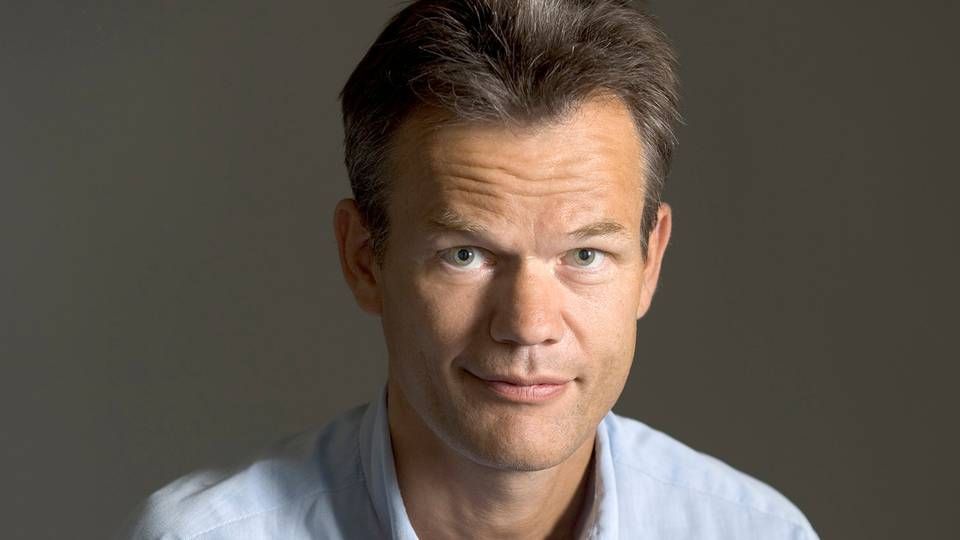
Professor Kristian Helin, head of BRIC at the University of Copenhagen
“In my opinion, it would have been a happier story if that type of company could have grown in Denmark, because then more jobs would have been created. The number one priority must be that we generate more Danish innovation from Danish research.”
More on the global radar
Another task for the Chief Science Officer, as well as one of the 12 points on the company’s proposal for a combined strategy is to create greater awareness about the life science cluster, which is located in the Copenhagen area as well as in Skåne, Sweden. And especially in regards to attracting the best researchers to the universities as well as the companies.
“We are not present enough on radars around the world. It’s annoying how little we pop up out there. I know a lot of foreign colleagues and I can confirm the analysis that we don’t pop up as much as we should out there. The weight, quality and ballast that’s in the region, as in the whole Copenhagen and Ørestad region, qualifies us to be more present on the world map. There is a lot of energy in it. Everyone knows what Boston is, and what Oxford/Cambridge is, and now most people know what Shanghai is. Not that many know what Copenhagen is,” he says and continues:
“We can’t become what we used to be with Niels Bohr and nuclear physics in every area. But we actually think that there is reason to believe that we could stand a little more recognition and branding as a hot spot in life science.”
A couple of nobodies
Public players, foundations and companies all need to contribute, according to Mads Krogsgaard.
“This is a public-private matter. The government, the regions, the companies and different foundations all need to talk to each other in the same tone about making Denmark an attractive country to live in. Maybe not when it comes to the weather or the taxes, but still. The way things are right now, we probably cannot claim that the international researchers that come to Denmark are always the very best. We want them to be, and we have been good at this at the top-scientist level, but at the PhD level, we are still a couple of nobodies compared to the top ten universities,” he says and continues:
“We don’t have to be at the same level as Boston or Oxford/Cambridge, but we have to be more visible. Things are booming for Shanghai for instance with a lot of international talent. And that attracts companies in spite of the wages, which have actually increased a lot and are still going up, more than in Denmark. In spite of that, the research companies are out there. And Copenhagen has far more history with Nobel prizes in the medicinal area as far back as to the beginning of the last century.”
Take action
In the end, Mads Krogsgaard makes a final call to Danish politicians, and he bases this precisely on Shanghai. Without being a fan of communism, the Chief Science Officer does believe that you could do things more consistently and with more direction in Denmark.
“China has some nice, structured, controlled and incentivized approaches to growth. It’s not that I think we should imitate the central government in Beijing, but they typically make five-year plans, ten-year plans, twenty-year plans, and they attach financial funding to them. They don’t change them every year,” he says concluding:
“A Chinese colleague, with a very high rank in China’s system, once told me that the resemblance between Novo Nordisk and China is that at Novo Nordisk, you said what you would do and then you did it, and you stuck to it. You didn’t change the direction every five minutes. That’s how they do it in China. But most countries and most other companies do not function this way. We need more long-term planning in Denmark and to put action and finances behind our words”
Novo could still benefit from shuttered research area
Analyst: ”A great day for Novo”
Relaterede artikler
Novo could still benefit from shuttered research area
For abonnenter
Analyst: ”A great day for Novo”
For abonnenter

